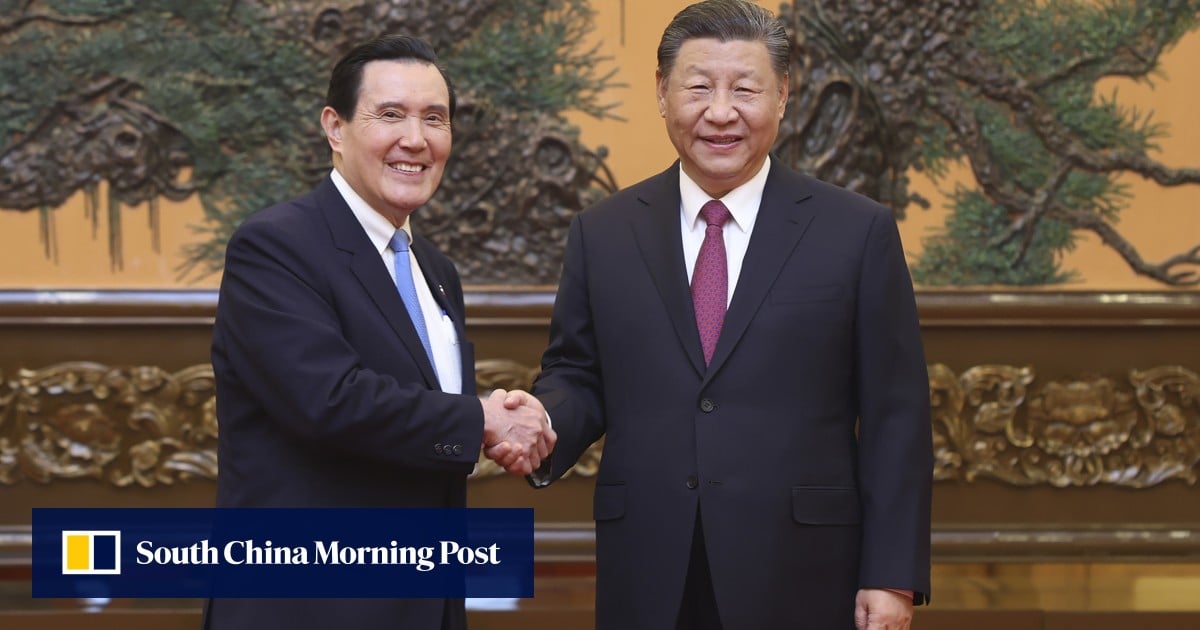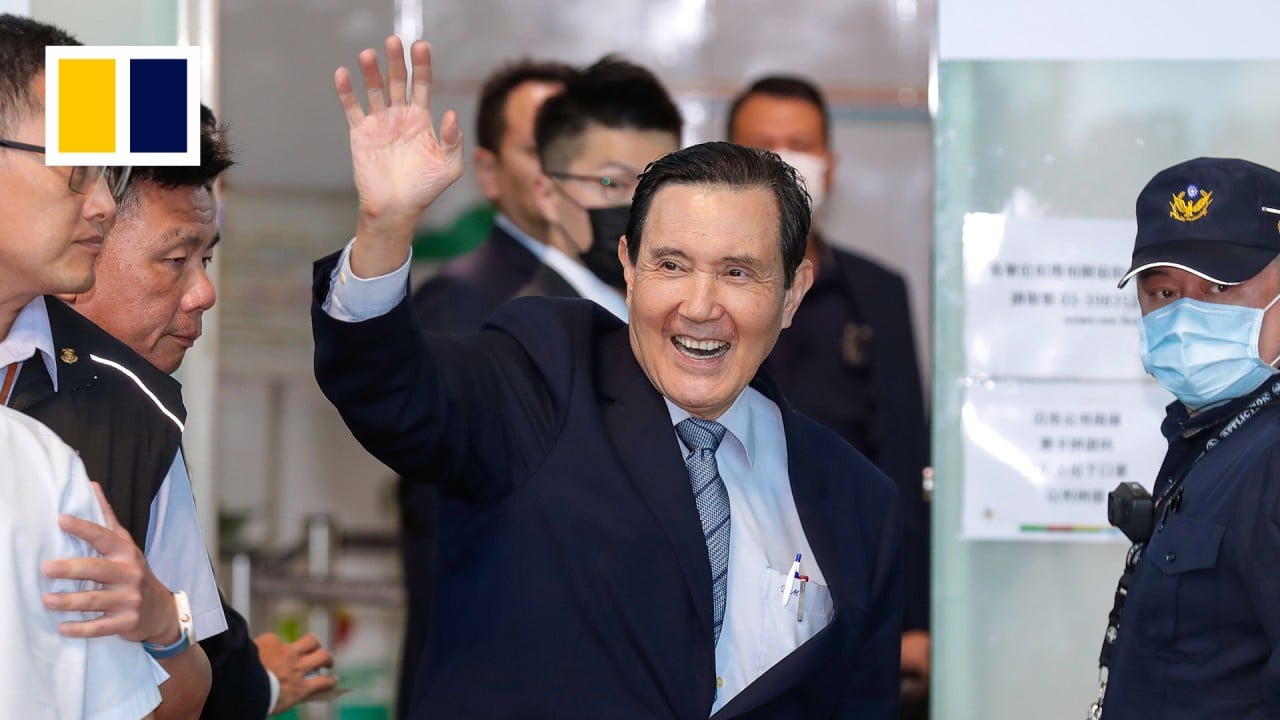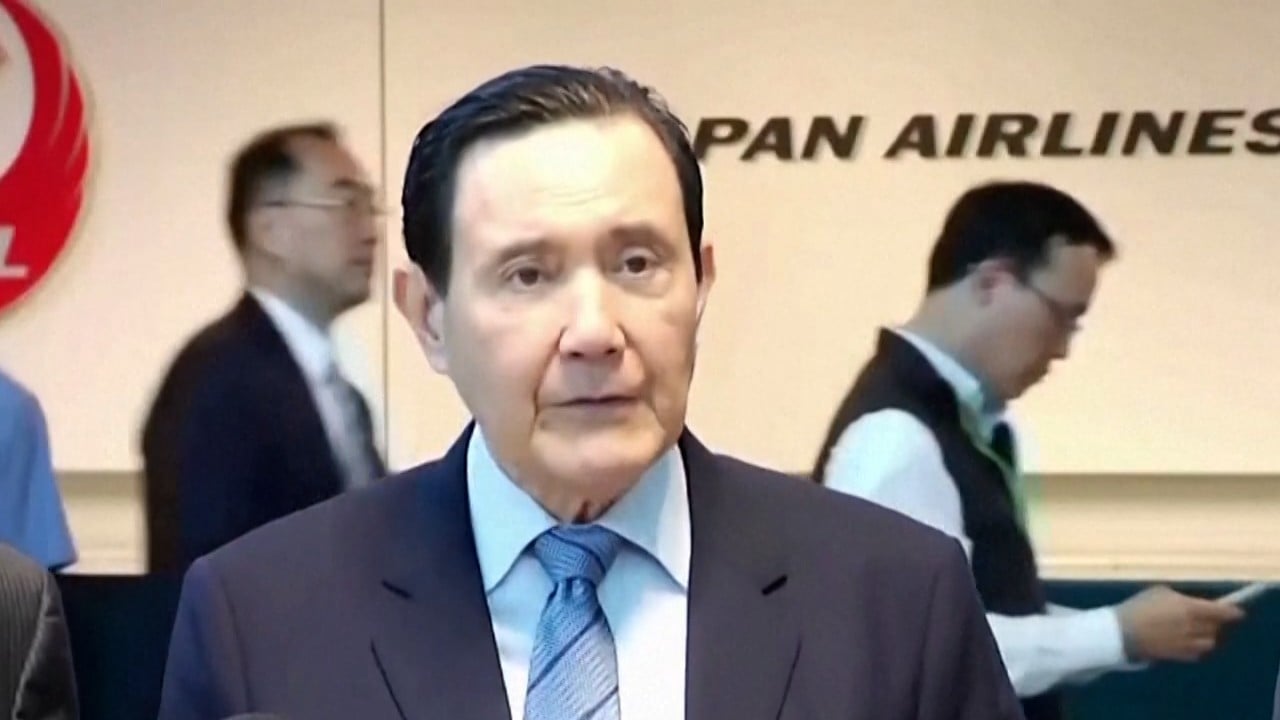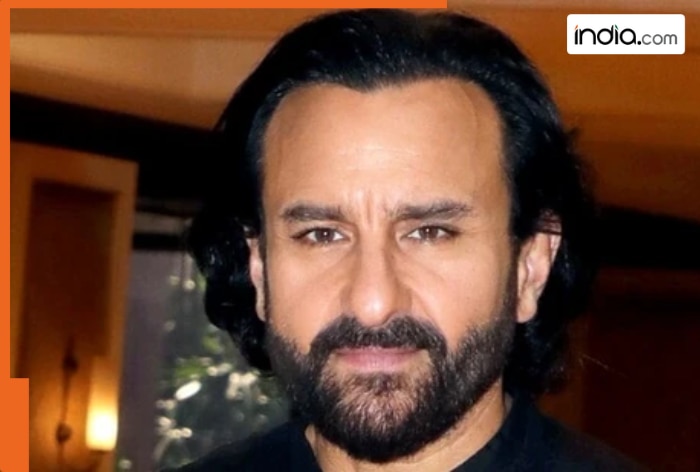Observers have suggested that by showcasing Ma’s visit, China is sending a message to Lai and reaffirming its pursuit of peaceful reunification with Taiwan, despite escalating tensions that have caused concern among regional powers and Western nations.
Both sides sought to strike a conciliatory tone.
“There is no grudge that cannot be resolved. No problem that cannot be talked through. And there are no forces that can separate us,” Xi said.
Differences in political systems could not change the fact that the two sides were one country, he added, as “foreign interference” cannot stop the historic trend of a “family reunion”.
In response, Ma said, “we are all descendants of the Yellow Emperor, belonging to the same Chinese nation”, and war “would be unbearable”.
Lai, meanwhile, has been busy filling his new cabinet, brushing off Ma’s stance as representative of the public. His choices, analysts said, have largely kept with Tsai’s policy, with no explicit desire to alter the cross-strait status quo.
Lai has named confidant Cho Jung-tai, a former DPP chairman and ex-cabinet secretary general, as premier.
Beijing bets on Ma Ying-jeou trip to help win Taiwanese hearts and minds
Beijing bets on Ma Ying-jeou trip to help win Taiwanese hearts and minds
Known for his relatively moderate stand and skill for communication between rival camps, Cho has been tasked as mediator for a legislature where opposition parties hold the majority and might boycott or veto proposals from the DPP.
Wellington Koo, secretary general of the National Security Council, will become defence minister.
Tsai Ming-yen will remain as leader of the National Security Bureau, while Chiu Chui-cheng, the hawkish deputy secretary general of the semi-official Straits Exchange Foundation, will head the Mainland Affairs Council.
Despite greater political tensions, younger Taiwanese are considered more open to the possibility of rapprochement, with both Xi and Ma emphasising youth exchanges.
During his stay, Ma led Taiwanese students to pay tribute at the Huanghuagang Martyrs’ Cemetery and the former home of Sun Yat-sen – modern China’s founding father – in Guangzhou.
Other historic sites included Emperor Qin Shi Huang’s mausoleum in Xian, as well as the Great Wall and Marco Polo Bridge sites in Beijing. The latter still bears scars from the Japanese invasion during World War II.
Observers said young Taiwanese could show more willingness to change their perceptions of the mainland after first-hand observations and interactions with locals.
After Ma’s trip, more KMT heavyweights were invited to tour the mainland. Ex-Taipei mayor Hau Lung-bin attended a ceremony to honour the Yellow Emperor in Henan province.
Incumbent KMT vice-chairman Sean Lien will also visit the mainland in June for the Cross-Strait Forum, while the party’s former chairwoman Hung Hsiu-chu will lead 200 young Taiwanese on a trip to Zhejiang province.
And despite the KMT and Beijing’s best efforts, the DPP has moved to chip away at historical links with mainland China.
Taiwan’s KMT risks irrelevance as it faces pressure for new cross-strait stance
Taiwan’s KMT risks irrelevance as it faces pressure for new cross-strait stance
The removal was proposed by a DDP justice commission after finding Chiang had persecuted political dissidents and misused government funds, but analysts said it would be seen “as an unfriendly gesture towards mainland China”.
Meanwhile, Beijing’s “carrot and stick” approach to trade with Taipei has continued, embedding political messages ahead of game-changing events on the island.
The move follows the suspension of tariff cuts on 12 products from Taiwan in December, just weeks before Lai’s election.
60-Second Catch-up
Deep dives
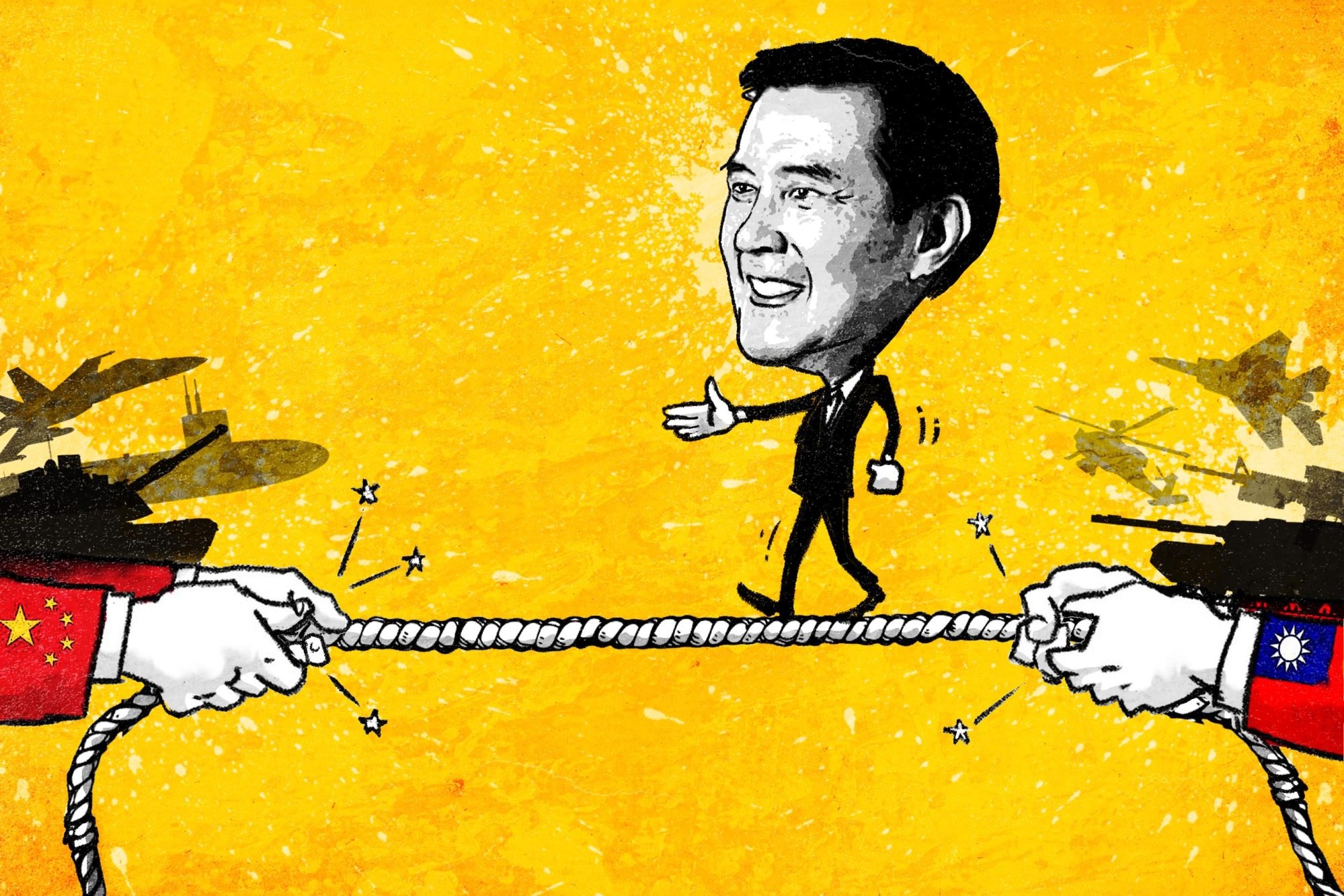
Beijing bets on Ma Ying-jeou trip to help win Taiwanese hearts and minds
-
Analysts believe former Taiwanese leader’s VIP visit to mainland could help Beijing amplify appeals for ‘peaceful reunification’ with the island
-
Ma’s ‘journey of peace’ also sends well-timed message to Taiwan’s president-elect William Lai Ching-te of the independence-leaning DPP, observers say
Yet he is much more than a “mister” to Beijing. Ma, the first former or sitting Taiwanese president to be received by mainland China’s leader, remains Beijing’s top choice to help it win Taiwanese hearts and minds.
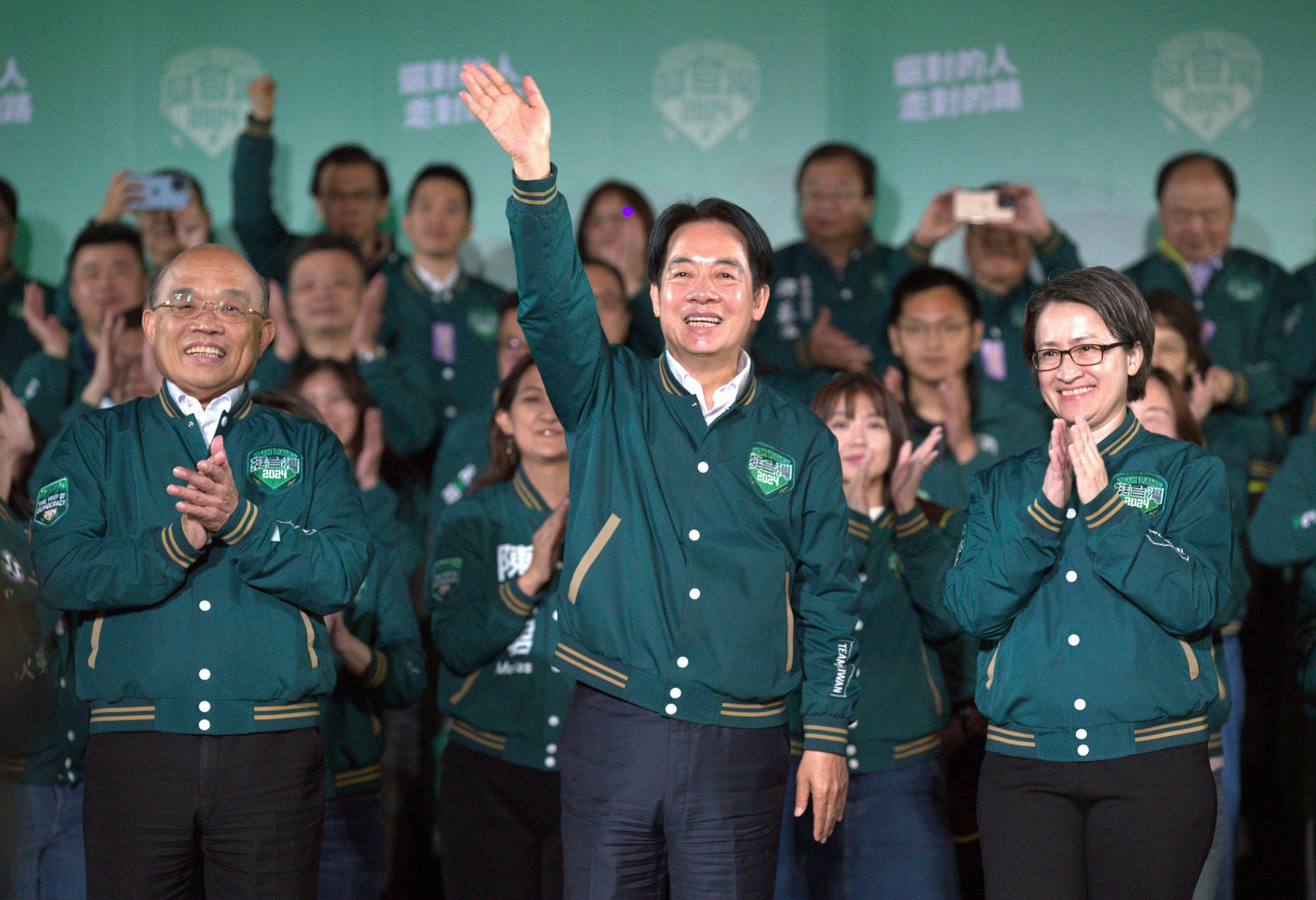
‘Peace destroyer in Taiwan Strait’? Mainland China journal previews William Lai
-
Election of William Lai has sparked cross-strait ‘uncertainty’ that may worsen if Trump returns to power, article in Taiwan affairs journal says
-
But Beijing has room for leverage, authors say, as Lai’s DPP has lost legislative majority and young Taiwanese are fans of mainland social media
Political risks across the Taiwan Strait were likely to spike next year but younger Taiwanese could still be won over on social media, observers in mainland China said in a recent article.
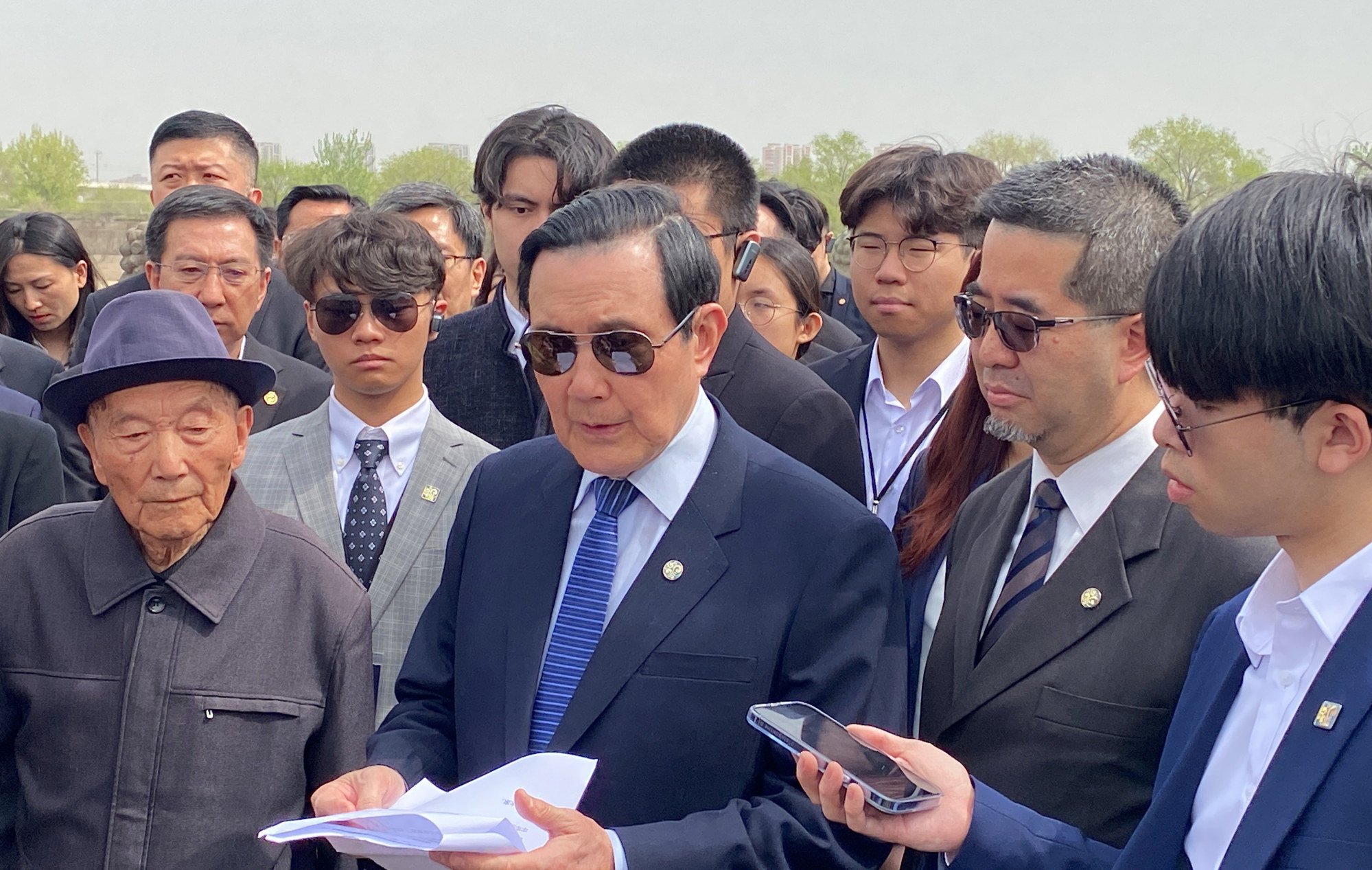
‘No losers in peace’: Taiwan’s Ma Ying-jeou sends anti-war message in Beijing
-
Island’s former president appeals to younger generations to learn the lessons of history
-
Speech at museum is part of an 11-day trip to the Chinese mainland that is expected to include a meeting with Xi Jinping
“People in both the mainland and Taiwan had been bullied by Japanese warlords, and suffered heavy casualties. Although we were lagging behind in terms of equipment and training in a disadvantaged situation, we were united in our determination,” he said in a speech at the Museum of the War of the Chinese People’s Resistance Against Japanese Aggression.
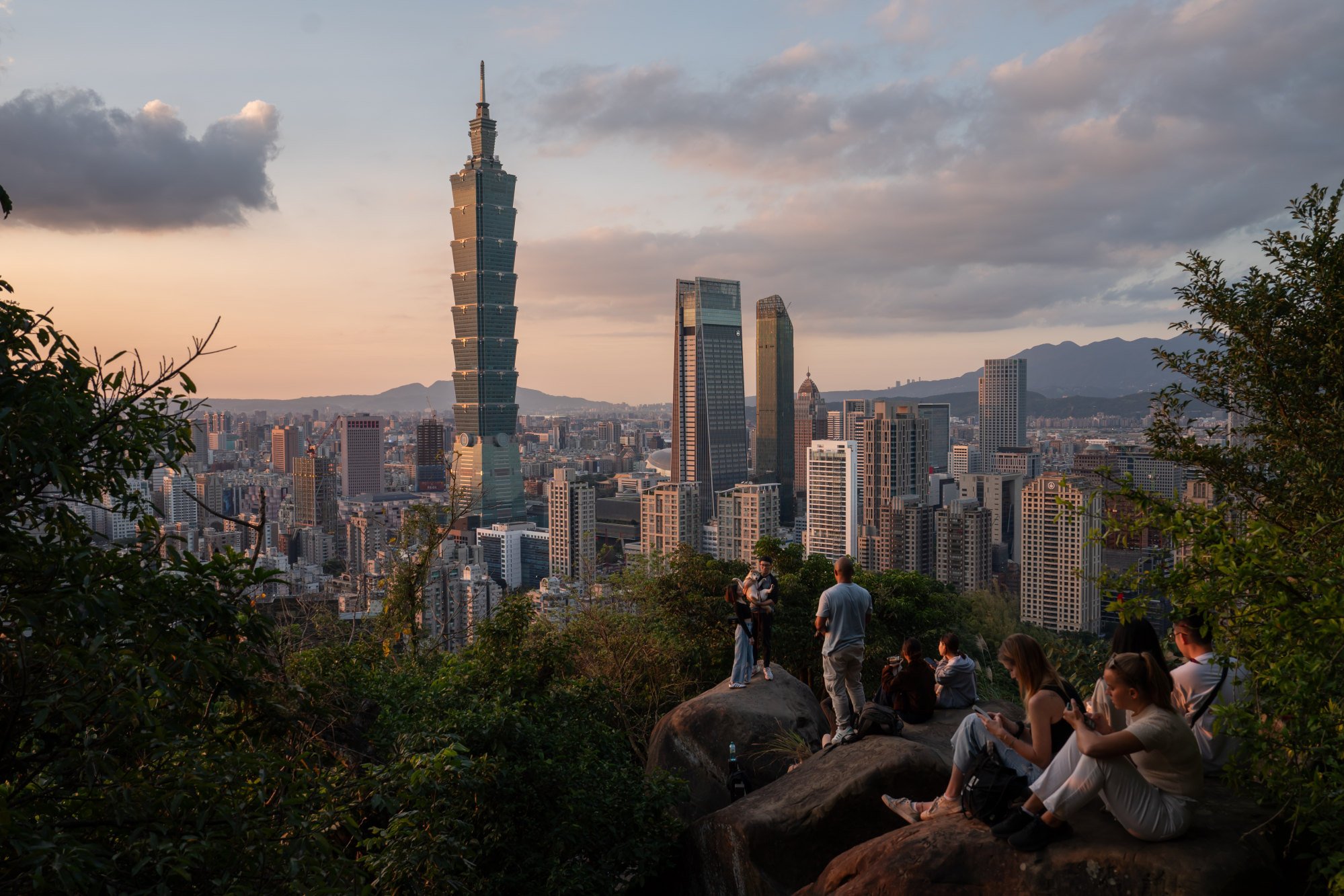
Beijing slaps anti-dumping tariffs on polycarbonates from Taiwan
-
From Saturday, imports of the thermoplastic polymer from Taiwan will be charged extra duty of up to 22.4 per cent, commerce ministry in Beijing says
-
Move to be in place for five years, ministry statement says, as Beijing appears to lean on trade tools to push cross-strait message
Imports of the thermoplastic polymer from Taiwan will be charged the extra duty for the next five years, the mainland Ministry of Commerce said in a statement issued on Friday.
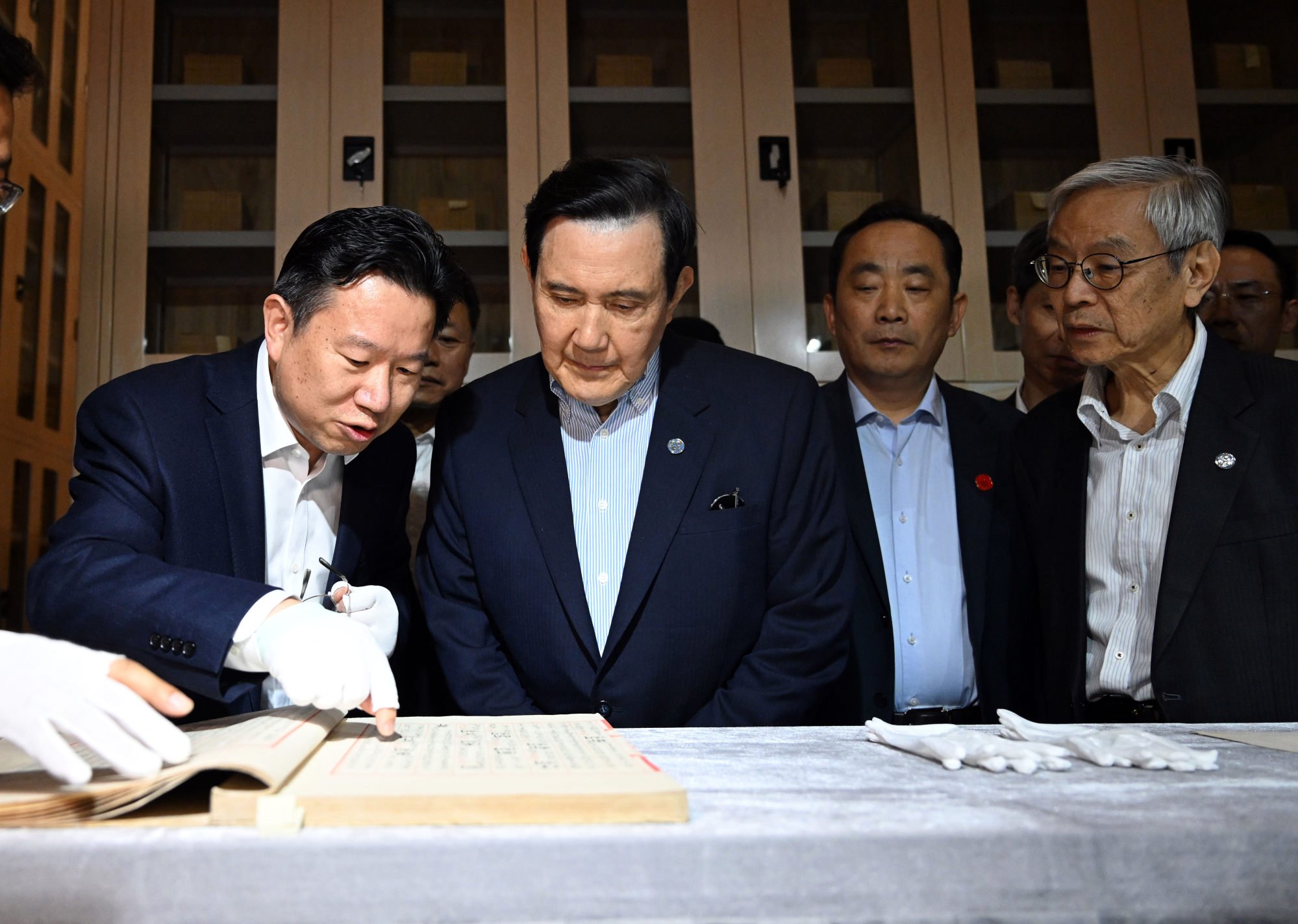
Taiwan’s former leader Ma Ying-jeou rejects Japan’s claims to Diaoyu Islands
-
Taiwanese ex-president denies disputed Diaoyus are Japanese territory after being shown ancient manuscripts at mainland museum, Xinhua says
-
Taipei also views the island chain as part of its territory
During a Saturday visit to a museum in the ancient imperial city of Xian in mainland China, Ma was shown ancient manuscripts that he said proved that the islands “do not belong to Ryukyu” – the name of a kingdom that was a Chinese tributary state for more than 500 years until it was annexed by Japan in 1879.
Global Impact is a weekly curated newsletter featuring a news topic originating in China with a significant macro impact for our newsreaders around the world.

